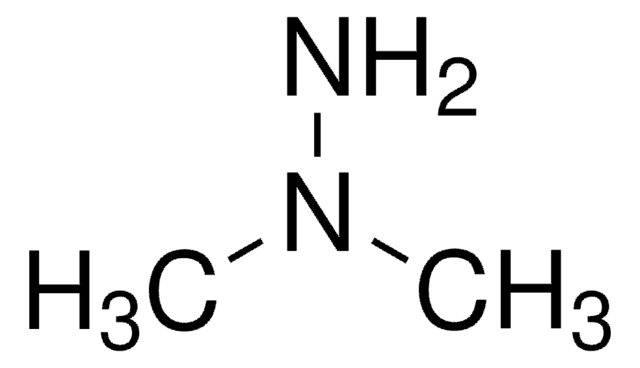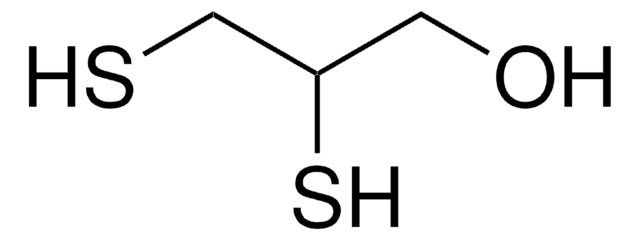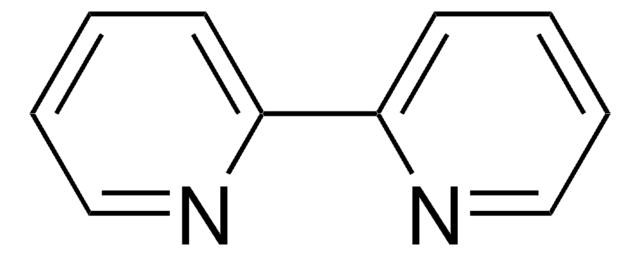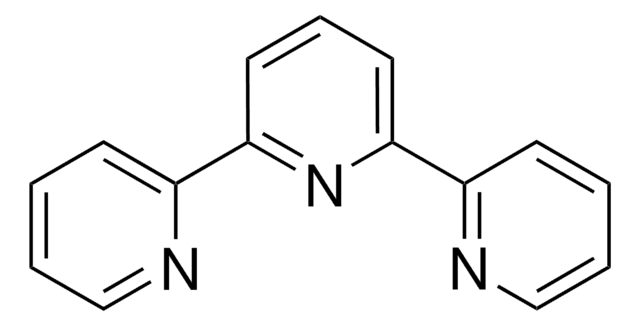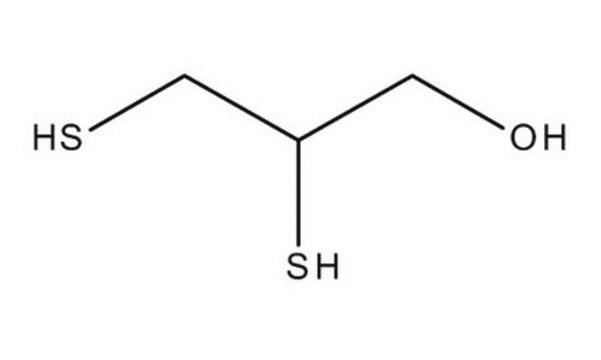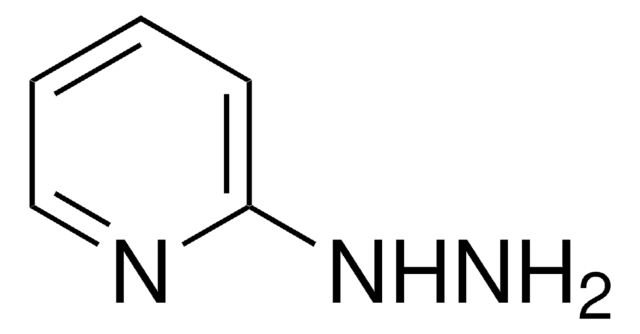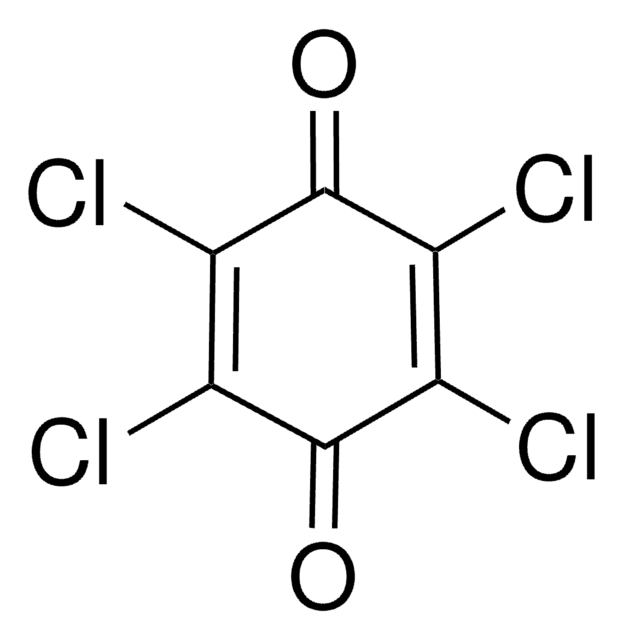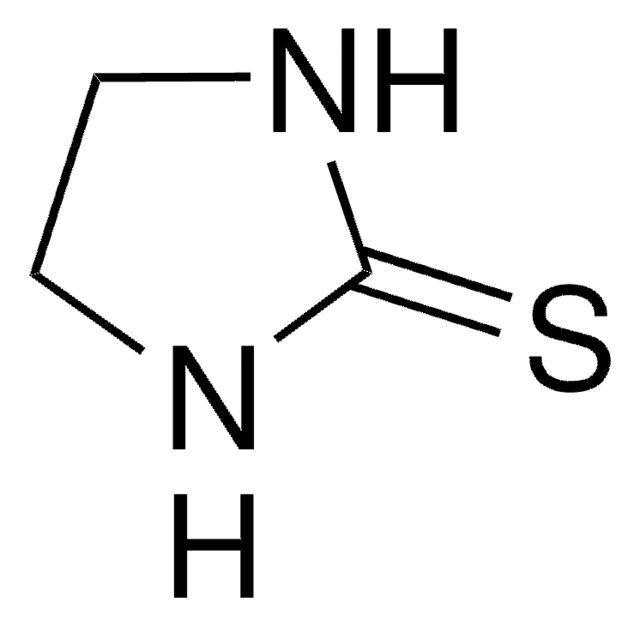About This Item
Recommended Products
Quality Level
mp
169 °C (dec.) (lit.)
SMILES string
Cl[H].Cl[H].CCNNCC
InChI
1S/C4H12N2.2ClH/c1-3-5-6-4-2;;/h5-6H,3-4H2,1-2H3;2*1H
InChI key
NMTDWUVFGOBBAX-UHFFFAOYSA-N
Related Categories
Application
- Bromopyridazinedione-mediated protein and peptide bioconjugation
- Synthesis of human neutrophil proteinase 3 inhibitors
- Three-component cascade processes for sythesis of aminoisoindolones and phthalazones
- Stereoselective heterocyclization for synthesis of substituted hexahydropyrazolodiazepinecarboxylates
- Synthesis of azacycloalkanes, isoindoles, pyrazole, pyrazolidine, and phthalazine derivatives
signalword
Danger
Hazard Classifications
Acute Tox. 4 Dermal - Acute Tox. 4 Inhalation - Acute Tox. 4 Oral - Carc. 1B - Eye Irrit. 2 - Skin Irrit. 2 - STOT SE 3
target_organs
Respiratory system
wgk_germany
WGK 3
flash_point_f
Not applicable
flash_point_c
Not applicable
ppe
Eyeshields, Gloves, type P2 (EN 143) respirator cartridges
Certificates of Analysis (COA)
Search for Certificates of Analysis (COA) by entering the products Lot/Batch Number. Lot and Batch Numbers can be found on a product’s label following the words ‘Lot’ or ‘Batch’.
Already Own This Product?
Find documentation for the products that you have recently purchased in the Document Library.
Our team of scientists has experience in all areas of research including Life Science, Material Science, Chemical Synthesis, Chromatography, Analytical and many others.
Contact Technical Service